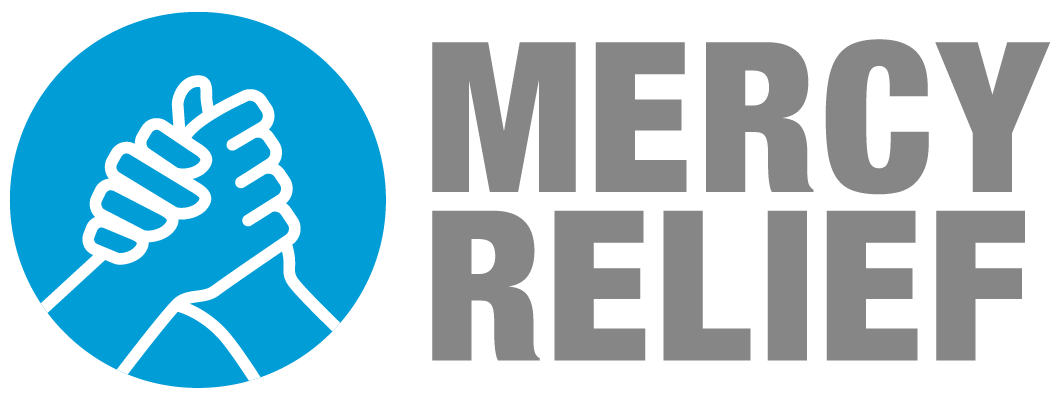On 2 May, Cyclone Nargis made landfall near the mouth of the Irrawaddy River, leaving some 138,000 dead or missing and affecting more than 2.4 million civilians. Within the first week of the disaster MR sent five tonnes of relief supplies through the UNICEF and the local Ministry of Social Welfare, Relief and Resettlement. The supplies, which were flown complimentary of Silkair, included 500 tents, 500 household kits, medicine, 30,000 water purification tablets, 100 sets of Hyflux K18 water treatment kits, 4,000 sets of face masks and gloves, 200 feminine kits, 1000 3-gallon pails, and 90 small buckets.
Whilst an 8-man medical team was assembled and ready for deployment on the fifth day after the disaster, the regulatory restrictions imposed by the local authorities thwarted the possibility of an early aid intervention. When regulations were somewhat relaxed however, MR joined hands with Singapore’s Ministry of Health and the Singapore Red Cross Society (SRCS) to send a 23-man medical contingent under the banner of Team Singapore. The team served out of a 50-bed hospital in Twante Township and operated mobile clinics, treating on average 500 victims a day over two weeks.
Building on the goodwill and confidence established with the Myanmar government, MR worked with other international NGOs with a long presence in the country such as the Adventist Development and Relief Agency (ADRA). With their assistance, MR deployed 3 ultra filtration water treatment plants with desalination capability and a treatment rate of 10,000 litres per hour at the affected delta areas. The project implementation also included the deployment of technicians and trainers to install and train the locals on the use and maintenance of the systems. Another 20 units of pedal-powered portable water filter systems were distributed to rural clinics and orphanages in other affected outlying areas through Myanmar’s Ministry of Health.
Moving into the rehabilitation and reconstruction phase of relief efforts, MR partnered Accel International Co Ltd to provide eight Rapid Deploy System Shelters costing S$44,000. These were used as temporary classrooms for six schools in the delta region to help restore some normalcy to the lives of the children. MR also provided $27,000 worth of classroom furniture for 6 schools through Myanmar’s Basic Education Department (BED). In addition, MR committed to the reconstruction of the Pet Inn Gyi Primary school in the Htantabin Township, costing $103,400. Through this project, the teachers and students will be able to teach and learn in a safe and adequately equipped environment.
About Mercy Relief
Mercy Relief is a Singaporean humanitarian organisation which engages in both disaster relief and sustainable development programmes. It was established in 2003 as an independent non-governmental humanitarian charity responding to the human tragedies in Asia. Mercy Relief’s aid programme focuses on providing timely and effective assistance to disaster-stricken communities and has maintained the delivery of emergency aid within 72 hours from the point of appeal for assistance.
In the past 12 years, Mercy Relief has disbursed over S$32 million in aid across 40 disaster relief and 53 sustainable development initiatives. Mercy Relief has impacted an aggregate of 2 million lives in 24 countries and areas, namely Afghanistan, Bangladesh, Cambodia, China, DPR Korea, India, Indonesia, Iran, Iraq, Japan, Laos, Lebanon, Malaysia, the Maldives, Myanmar, Nepal, Pakistan, Palestine, the Philippines, Sri Lanka, Taiwan, Thailand, Vietnam and Yemen.
For more information, you may call us at 6514 6322 or email corporateaffairs@mercyrelief.org

